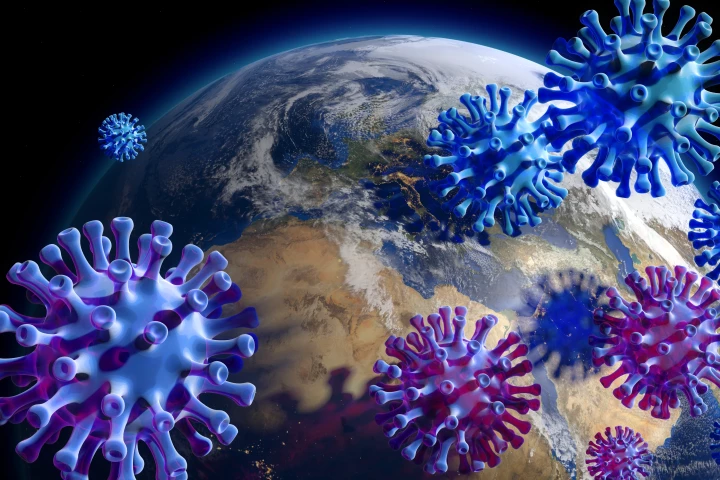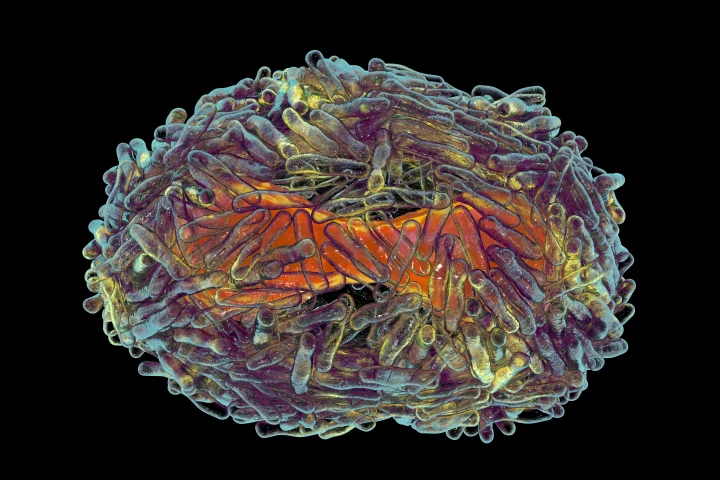World Health Organization
-
The World Health Organization has finally made its recommendations on using GLP-1 therapeutics for weight loss, though it remains to be seen whether it changes their status for prescribing or price. And scientists still have some concerns.
-
The US has recorded its first death due to avian influenza. The man had been infected by a H5N1 variant with a genetic mutation, helping it target upper respiratory tract receptors – one also seen in the Canadian teen who fell critically ill last year.
-
A study estimating the number of under-50s worldwide who are living with genital herpes has highlighted changing sexual behaviors and the need for many countries to consider more effective ways of curbing the transmission of this incurable disease.
-
The relationship between mobile phone use and an increased risk of brain cancer is a debate that's been around almost as long as mobile phones themselves. A huge study from the WHO that's just been released should put the question to rest.
-
The World Health Organization's cancer research agency has delivered a damning report on the soft mineral talc, calling it "probably" carcinogenic to humans, in particular powders that have been contaminated with asbestos during the mining process.
-
A debate has raged for decades as to whether a common artificial sweetener, aspartame, causes cancer. While the World Health Organization has now said it 'possibly' does, experts argue there's little evidence to support this and that it's still safe.
-
A new report offers the most detailed estimate to date of pandemic-related deaths, finding up to the end of 2021 there were nearly 15 million deaths associated with COVID around the world. The estimate is triple the officially reported mortality figures.
-
Ever since this year's outbreak of monkeypox began, infectious disease experts have called for the disease's name to be changed. After "months of consultations" the WHO has finally decided the preferred term for the disease will now be "mpox."
-
Following calls from global experts, the WHO has announced it will assign a new disease name to monkeypox. Opening the process to the public for the first time, early suggestions for the new disease include Poxy McPox, Mpox, MOVID-22 and Banepox.
-
The World Health Organization has declared the monkeypox outbreak a Public Health Emergency of International Concern. The outbreak has now spread to 75 countries with more than 16,000 cases officially recorded, 72 of which have been seen in children.
-
A statement from the World Health Organization has announced the discovery of two potential cases of Marburg Virus Disease in Ghana. Pending further lab work they could be the first cases of this highly infectious disease ever found in the country.
-
Over the last few weeks the FDA and the WHO have disagreed over what direction COVID-19 vaccines should take later this year. Which Omicron subtype should boosters focus on, and how quickly can vaccine makers deliver new doses?
Load More











